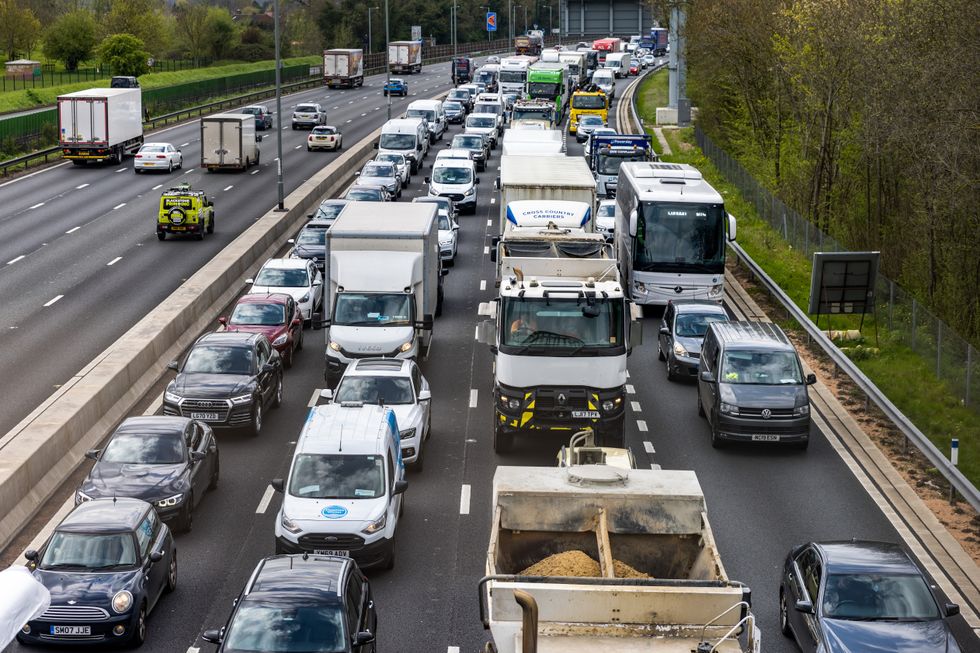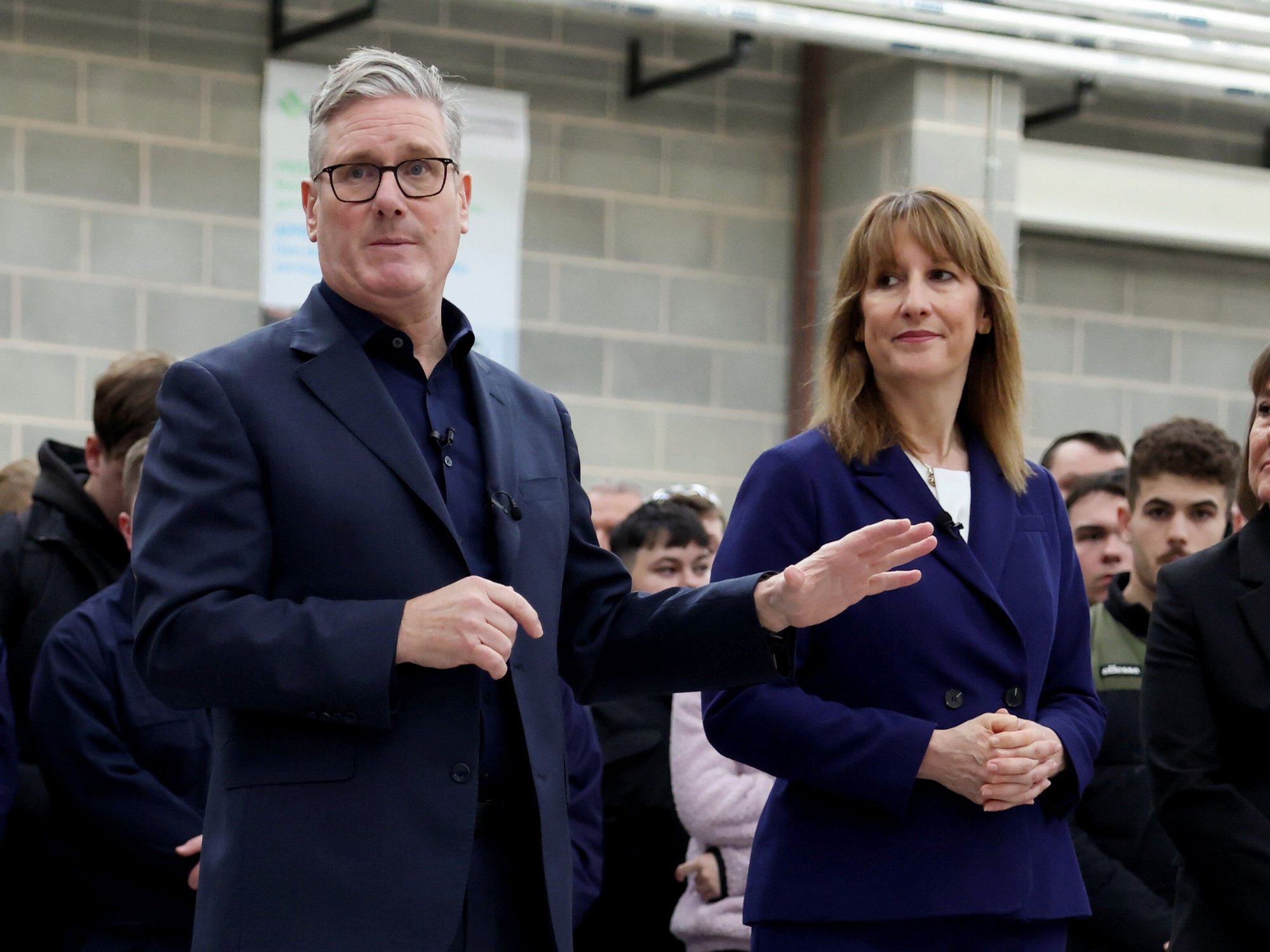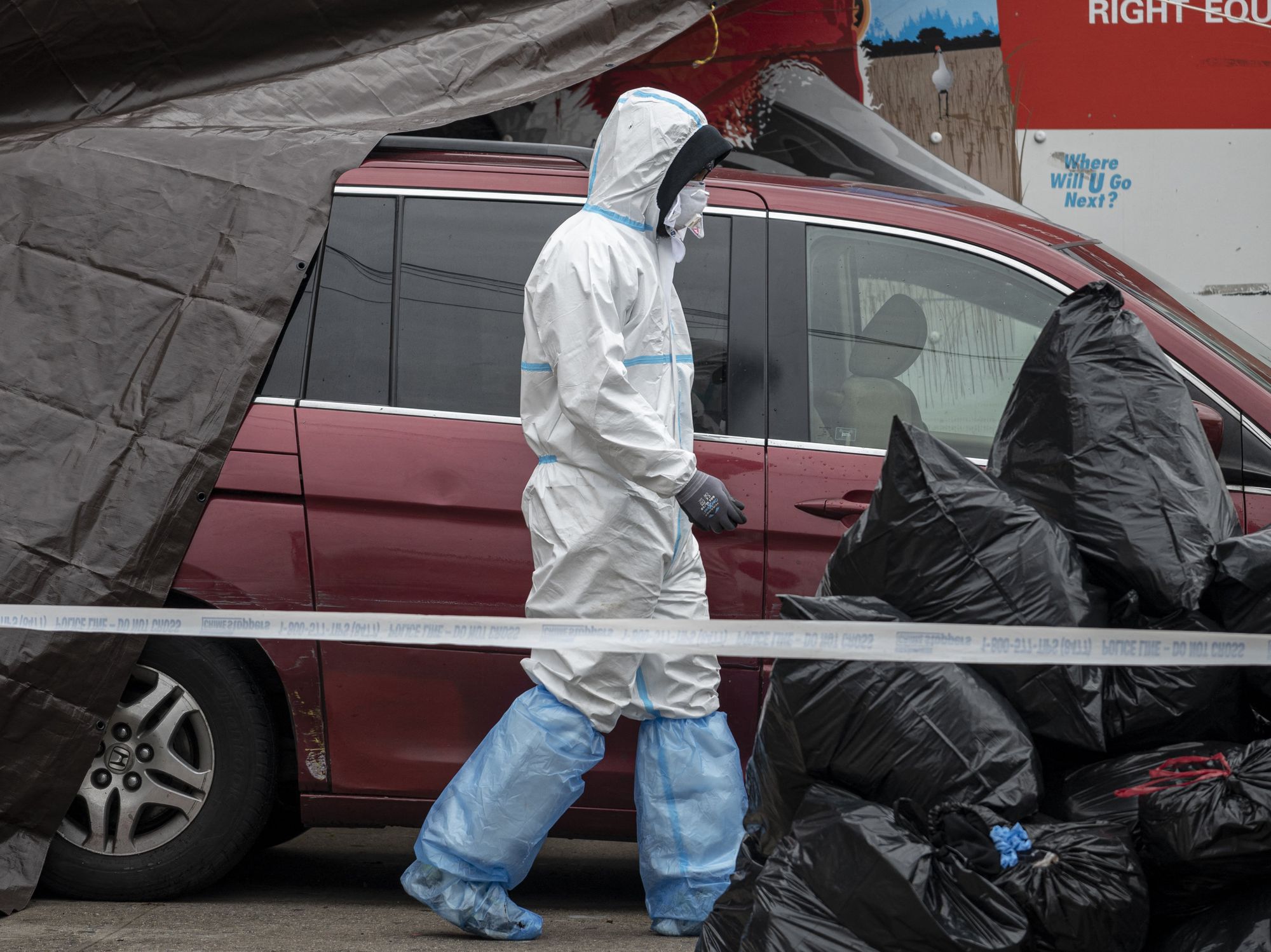New DVSA plans could have huge impact on drivers with major changes to MOT tests and road enforcement

One of the aims will be to modernise services for the rollout of self-driving vehicles
Don't Miss
Most Read
The Driver and Vehicle Standards Agency (DVSA) will look to make key changes in the coming years to make the service more modern and improve the overall experience for motorists.
The DVSA has a number of targets for 2025 and 2030 in a bid to make the Government agency more sustainable.
One of the key 2025 targets outlines how the DVSA will identify and take action against vehicle emissions cheating.
Measures like this will be rolled out to ensure all vehicles comply with emissions standards which are already in place for the London Ulez and the handful of Clean Air Zones around the UK.
Do you have a story you'd like to share? Get in touch by emailing motoring@gbnews.uk

The DVSA have plans to make the agency and its service more sustainable
|GETTY
It also comes in the wake of the Dieselgate scandal where widespread emissions abuses took place to cheat systems which showed certain vehicles to have lower emissions levels than in reality.
Another aim of the DVSA is to contribute to UK road safety through their enforcement transformation programme.
Posting on social media, the DVSA frequently updates people on its enforcement missions around the country to ensure vehicles are roadworthy.
Most recently, the enforcement team stopped a private hire vehicle at the roadside in Bridgend which found the silver Ford with a tyre below the legal limit.
The driver was prohibited from using the vehicle until it was repaired and also received a fixed penalty notice and three penalty points on their licence.
Another enforcement campaign, in conjunction with West Midlands Police, found 10 vehicles with issues including no tax, no insurance, illegal tints and illegal number plates – all within two hours.
The DVSA said it would also take measures to reduce car practical driving test waiting hours, which have historically been affected by a hangover from the pandemic, huge demand and industrial action.
A further target for the agency, which could be extended to 2030, is to “develop future visions for how in-service compliance and driving services need to change and develop - in particular as partially or wholly autonomous vehicles come into service”.
Self-driving vehicle technology could continue to develop in the coming years as progress is made by major manufacturers as the UK aims to become a world leader in the emerging sector.
Experts are hoping that rules for autonomous vehicles will be passed through the Government soon to roll out widespread trials of self-driving vehicles and boost the economy.
The Automated Vehicles Bill has been criticised by some MPs over fears that it could lead to the potential weaponisation of cars and make roads more dangerous.
In response to concerns, Transport Secretary Mark Harper said: “Despite Britain having some of the safest roads in the world, it is a reality that the levels of serious injury and road deaths remain too high.
LATEST DEVELOPMENTS:

The DVSA will look to reduce the backlog of driving tests
|PA
“That could soon change, as I said, if we can eliminate driver error which is involved in 88 per cent of road collisions, you could actually get to the point where self-driving vehicles were a game-changer for road safety.”










